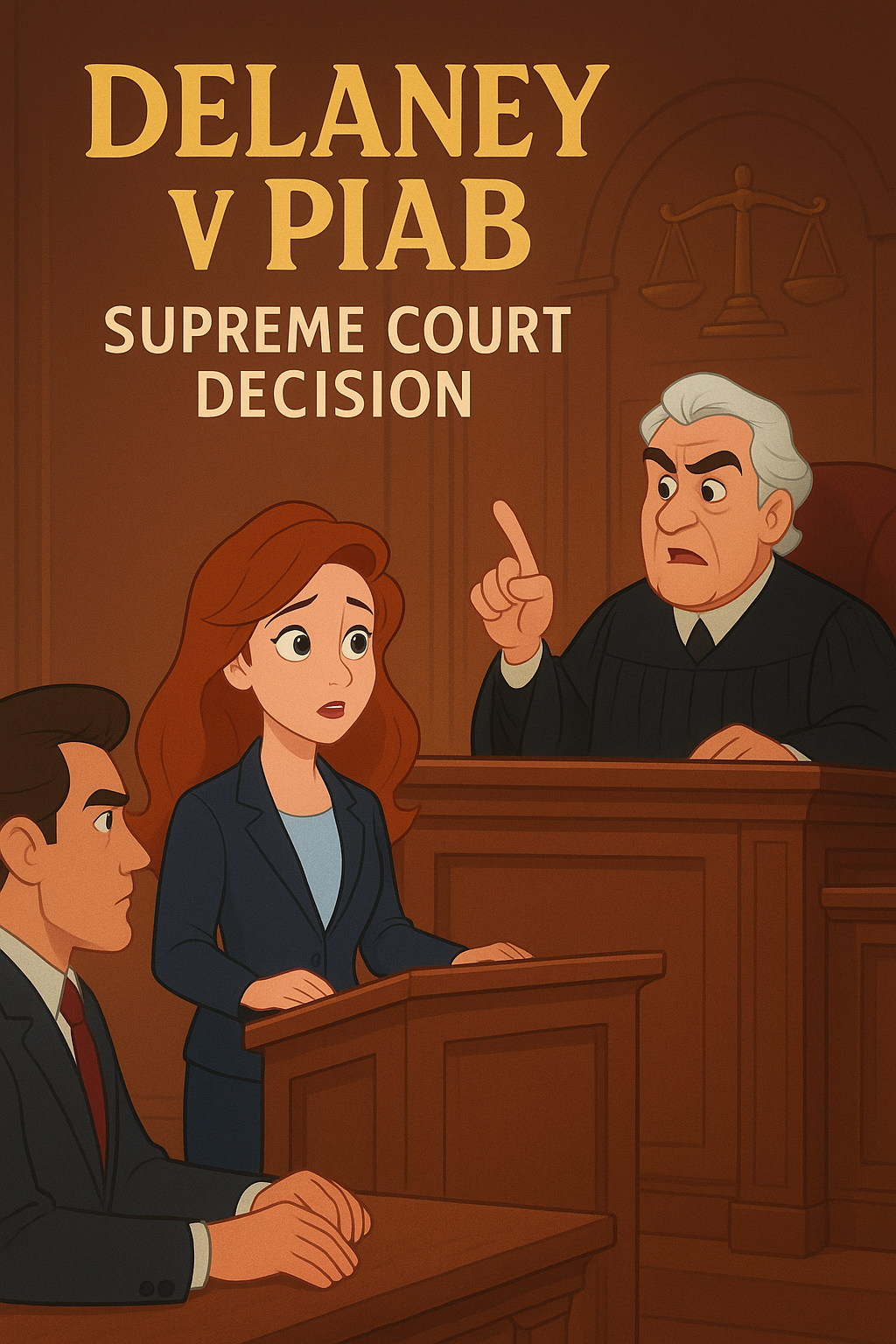Introduction
The forthcoming Supreme Court ruling in Delaney v PIAB, The Judicial Council of Ireland and The Attorney General is one of the most closely watched personal injury cases in Ireland. The decision, expected on 9th April, could have far-reaching implications for the Personal Injuries Guidelines, the role of PIAB, and how courts assess general damages in compensation claims.
Background to the Delaney Case
On 12th April 2019, Mrs Delaney suffered a fall on a public footpath, grazing her knee and sustaining a minor ankle fracture (an undisplaced fracture of the right lateral malleolus).
- She submitted her claim to PIAB, naming Waterford City and County Council as the respondent.
- Under the Book of Quantum, she was advised that general damages would likely fall between €18,000 and €34,000.
- However, PIAB assessed her damages at just €3,000, applying the new Personal Injuries Guidelines introduced in 2021.
This stark difference in award values led Mrs Delaney to initiate Judicial Review proceedings, arguing that PIAB had acted unlawfully by applying the Guidelines instead of the Book of Quantum.
Grounds of the Judicial Review
The applicant challenged the validity of the Guidelines on four main constitutional grounds:
- Unconstitutional Delegation of Power – The Judicial Council Act 2019 allegedly failed to provide sufficient “principles and policies” for drafting the Guidelines, contrary to Article 15.2.1 of the Constitution.
- Judicial Independence – It was argued that the Act infringed Article 35.2, which guarantees the independence of the judiciary.
- Retrospective Application – The Guidelines were applied retrospectively, allegedly depriving the applicant of vested rights.
- Disproportionality & Property Rights – The significantly lower awards were said to be irrational, disproportionate, and an infringement of constitutional rights to property, bodily integrity and equality.
High Court Decision by Mr Justice Meenan
The High Court dismissed the applicant’s challenge, finding that:
- The awarding of general damages must reflect not only the interests of plaintiffs and defendants but also broader economic and social policy considerations.
- Section 90 of the Judicial Council Act 2019 clearly set out the necessary “principles and policies”.
- The Judicial Council Committee had properly applied those principles in drafting the Guidelines.
- Some categories of injury saw increased damages, showing the Guidelines were not simply about reducing awards.
- The Committee was entitled to benchmark against awards in other jurisdictions.
- As courts retain the power to depart from the Guidelines, judicial independence was not undermined.
- Constitutional rights do not guarantee a plaintiff a fixed sum of damages, only a fair assessment under law.
- PIAB acted lawfully under the PIAB Act 2003 (as amended) in making its assessment.
Why This Case Matters to Insurance Defence Lawyers in Ireland
The Supreme Court’s forthcoming judgment will be pivotal for:
- Personal Injury Claimants – Clarifying whether awards under the Guidelines can be constitutionally sustained.
- PIAB Assessments – Confirming whether PIAB was correct to apply the Guidelines instead of the Book of Quantum.
- Irish Personal Injury Law – Determining the balance between fair compensation, judicial independence, and the State’s interest in controlling damages levels.
Conclusion
The Delaney case has become a landmark test for the Personal Injuries Guidelines in Ireland. The Supreme Court’s ruling will provide crucial clarity for solicitors, insurers, claimants, and defendants alike. Whether the Guidelines stand or are struck down, this decision will shape the future of personal injury compensation in Ireland.








